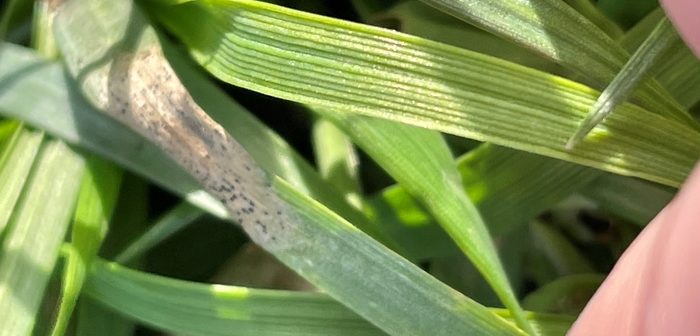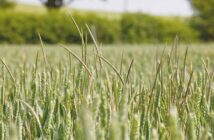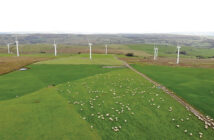The AHDB has announced a series of replicated field trials to test the effectiveness of biofungicides against septoria tritici in winter wheat over two cropping years (2025/26 and 2026/27).
Frequently used in high-value horticultural markets, the independent pilot trials will generate evidence to maximise their performance in disease management programmes for cereals.
AHDB lead crop protection scientist Sacha White said: “Biofungicides have good potential for the arable sector, but their biological nature means they need particularly careful integration within crop protection programmes. Additionally, biopesticide activity is often established in controlled environments.
“This work will specifically examine evidence of efficacy in field conditions, where numerous factors can impact their performance, such as weather, disease progression and the wider spray programme.”
Undertaken with the likes of SRUC, ADAS and Niab, the pilot trials will focus on septoria tritici control due to the economic importance of this disease in UK winter wheat, the availability of biofungicide products with disease-management potential and the relatively high number of preliminary research findings.
Biofungicides will be tested in line with the manufacturer’s recommendations on two varieties with different levels of resistance to septoria tritici (a moderately resistant and susceptible variety), as part of conventional winter wheat fungicide programmes.
By varying conventional fungicide dose, the trials will help reveal the point at which biofungicides start to contribute to disease control and yield gains.




